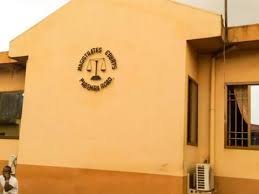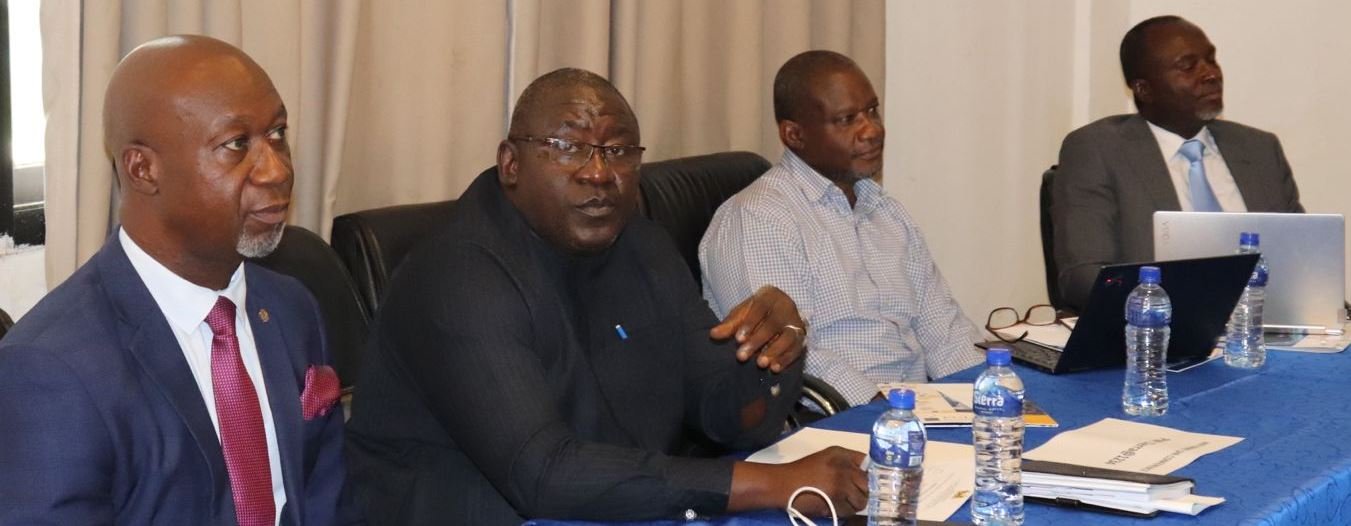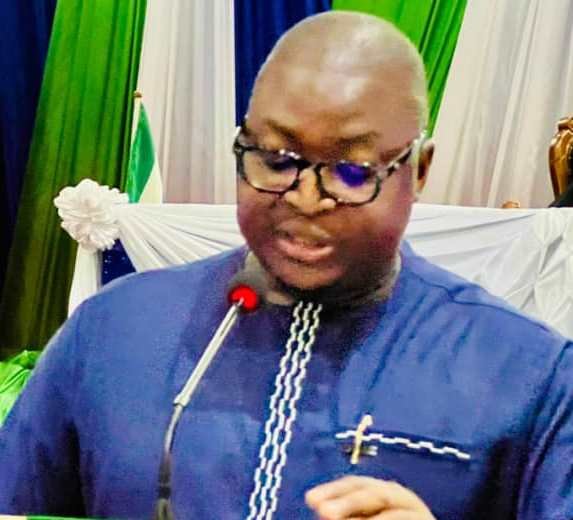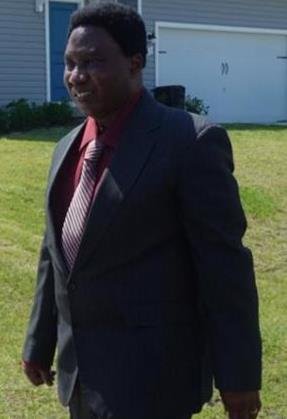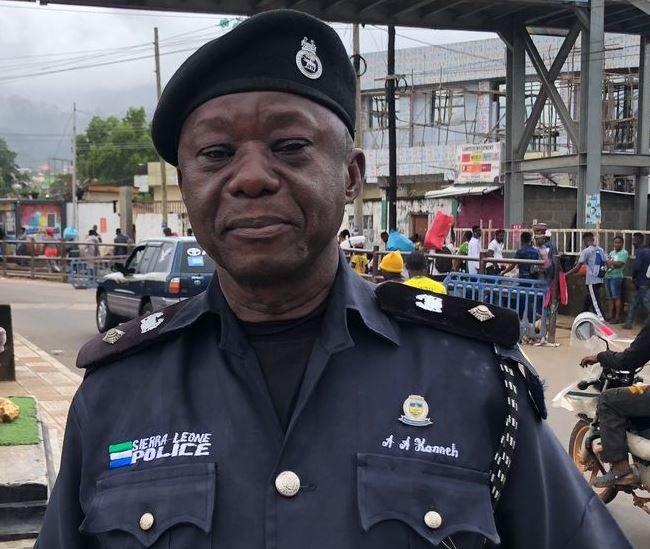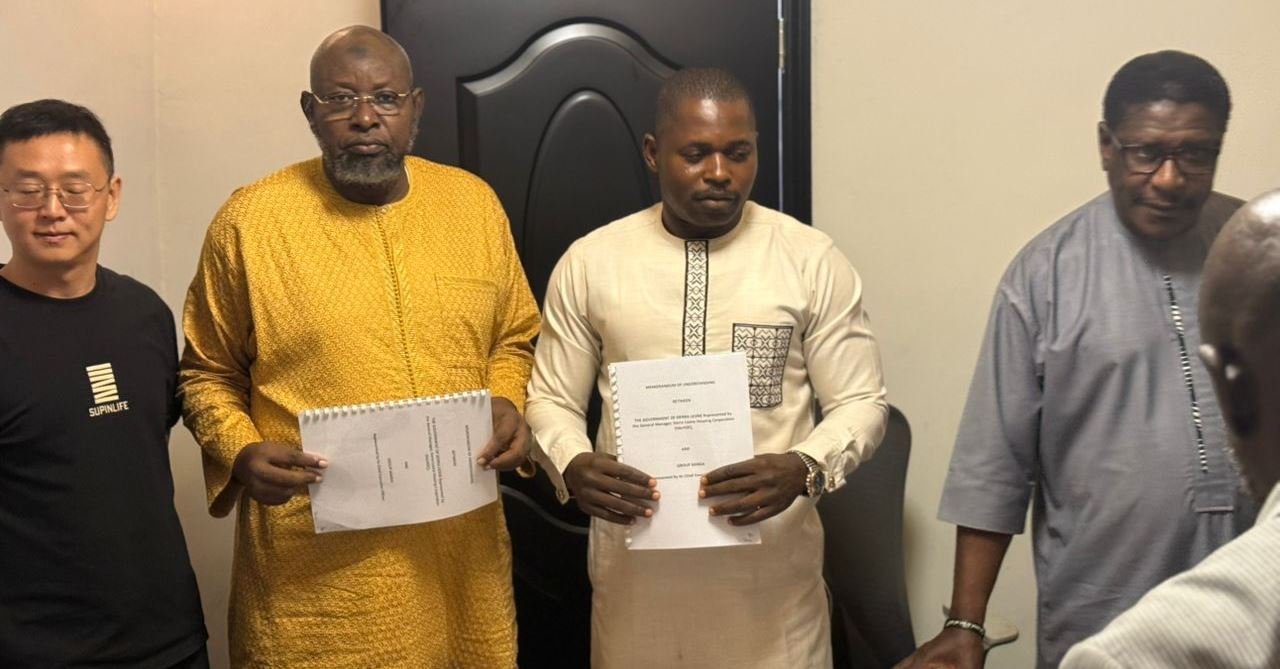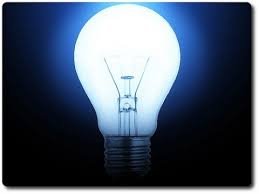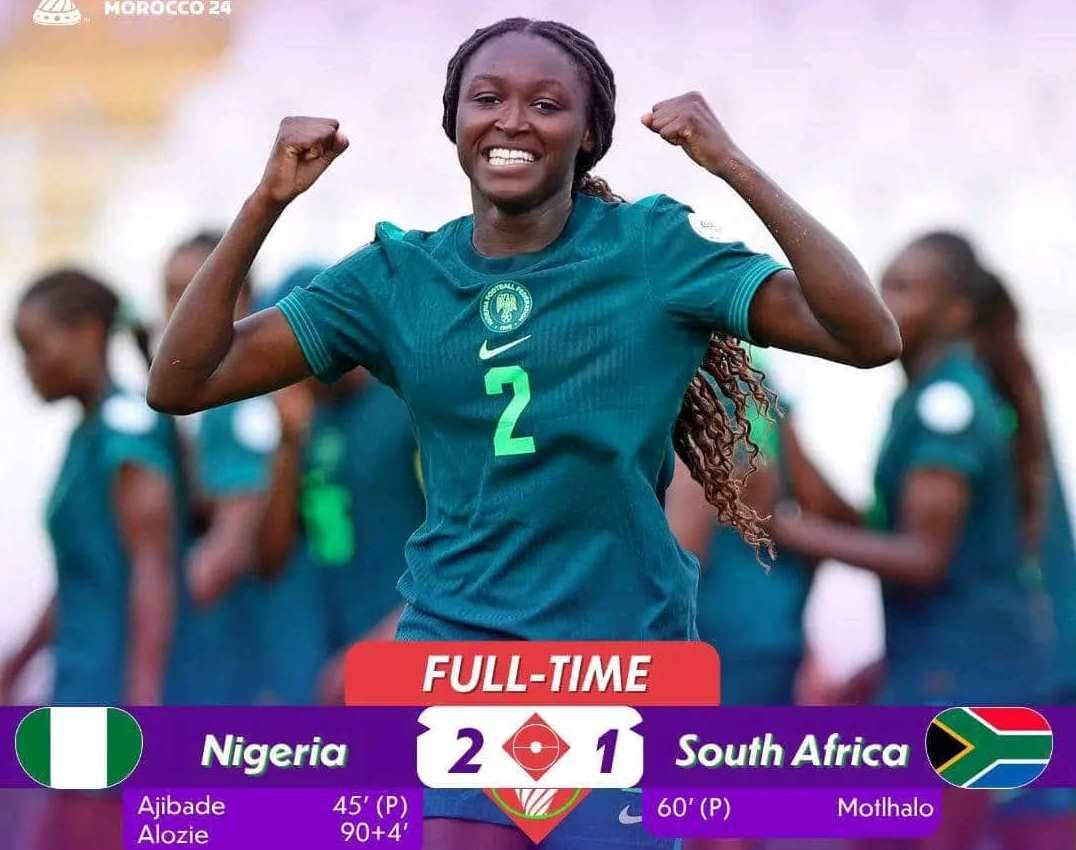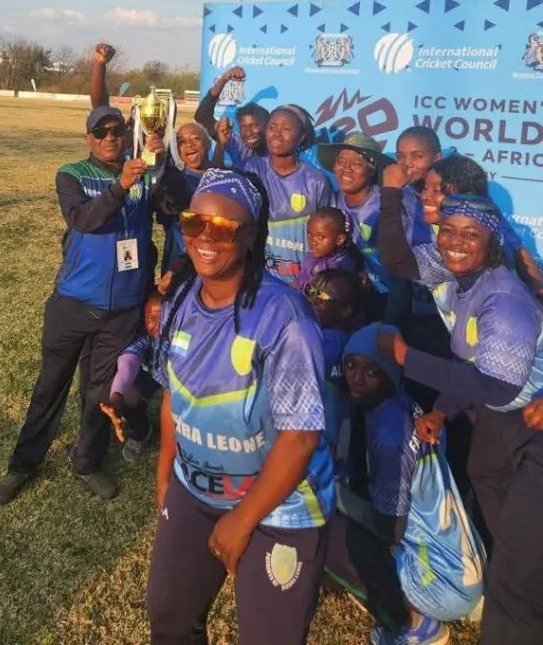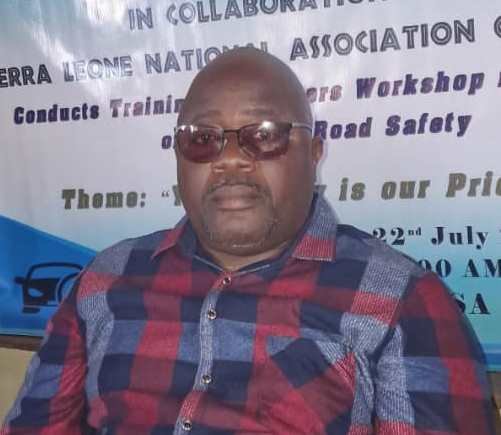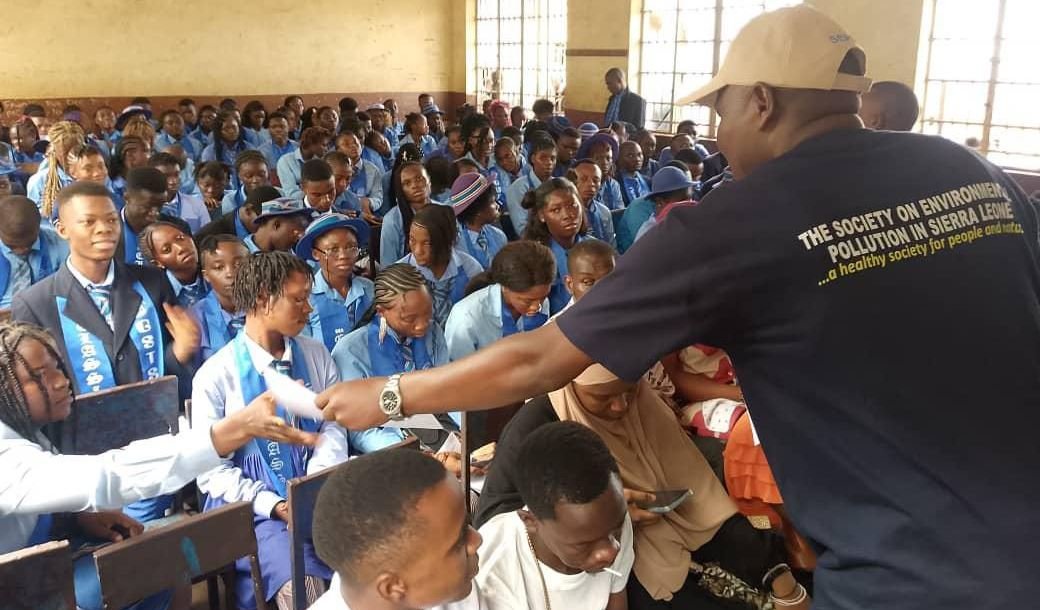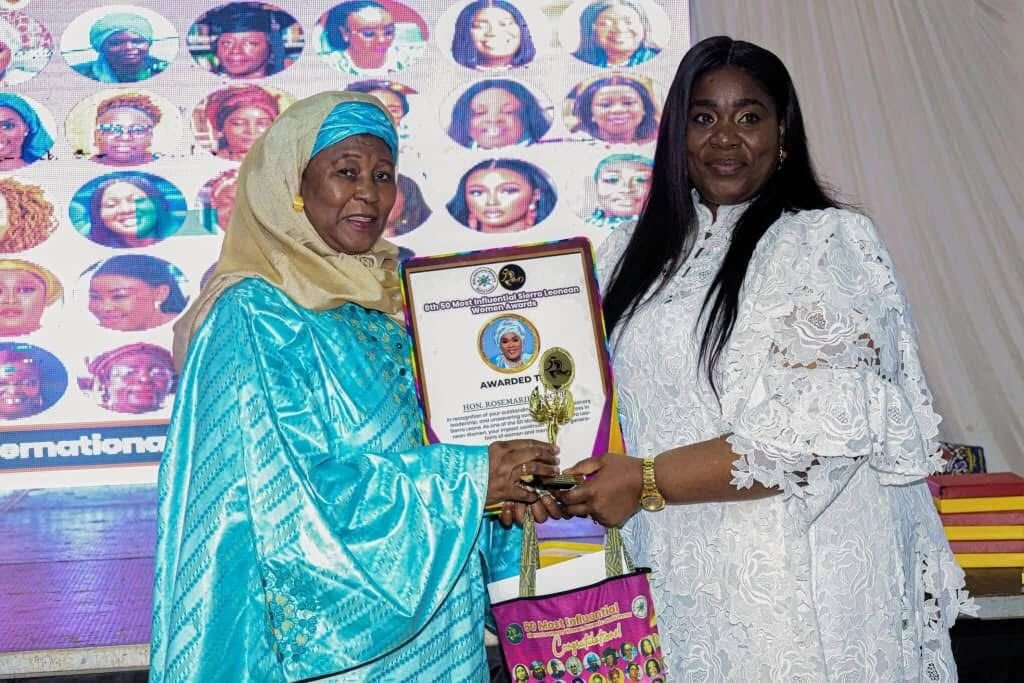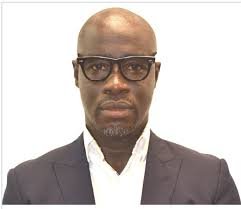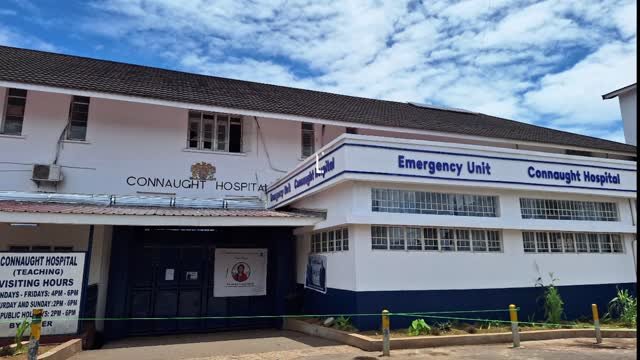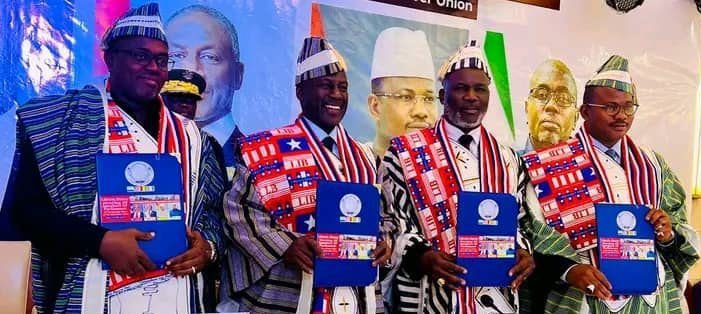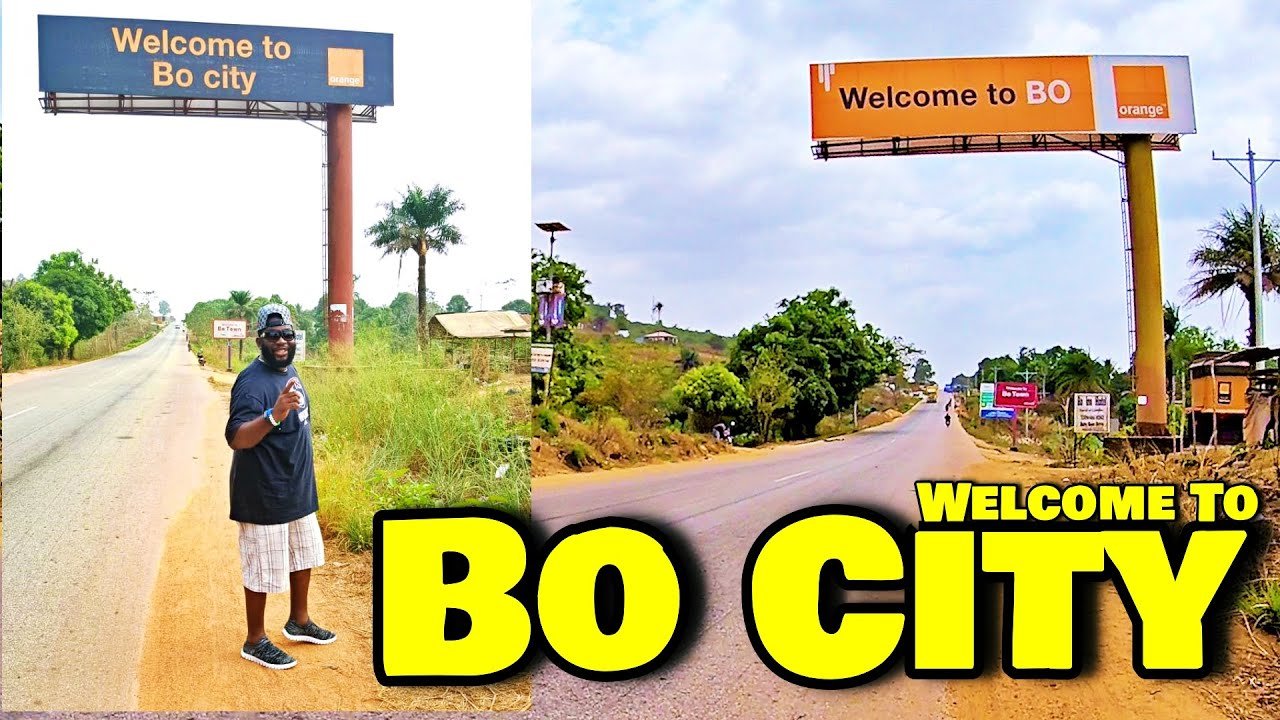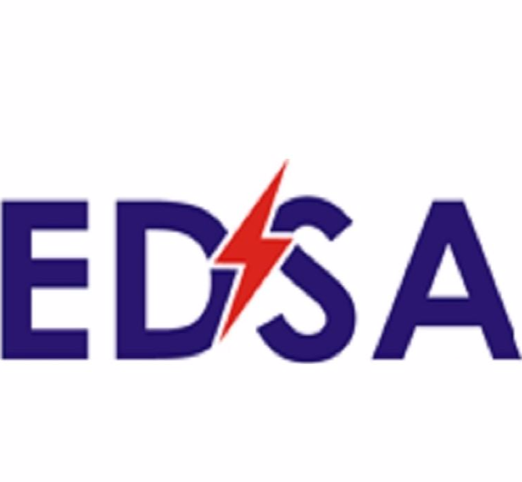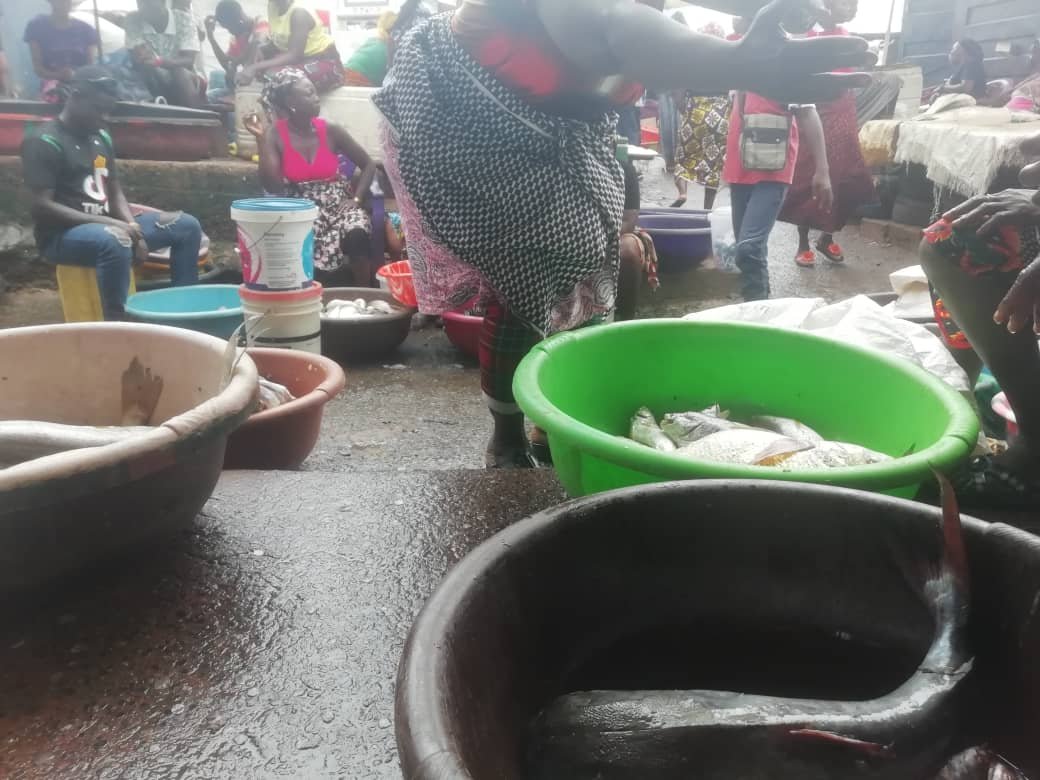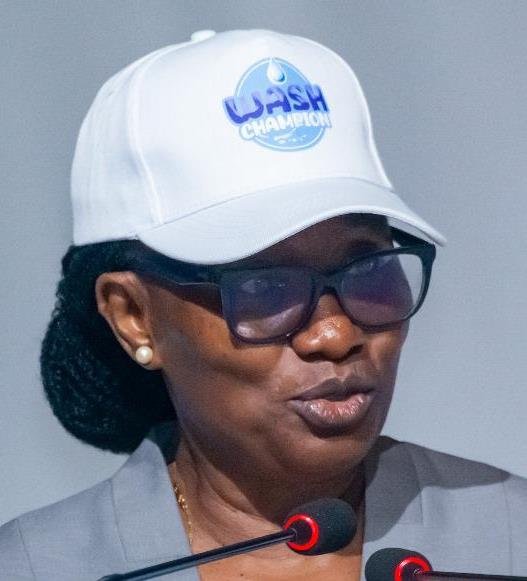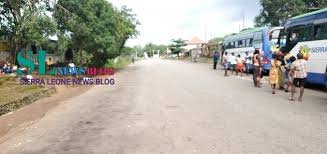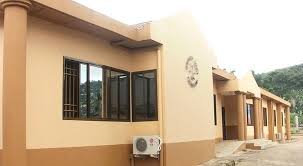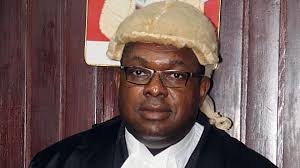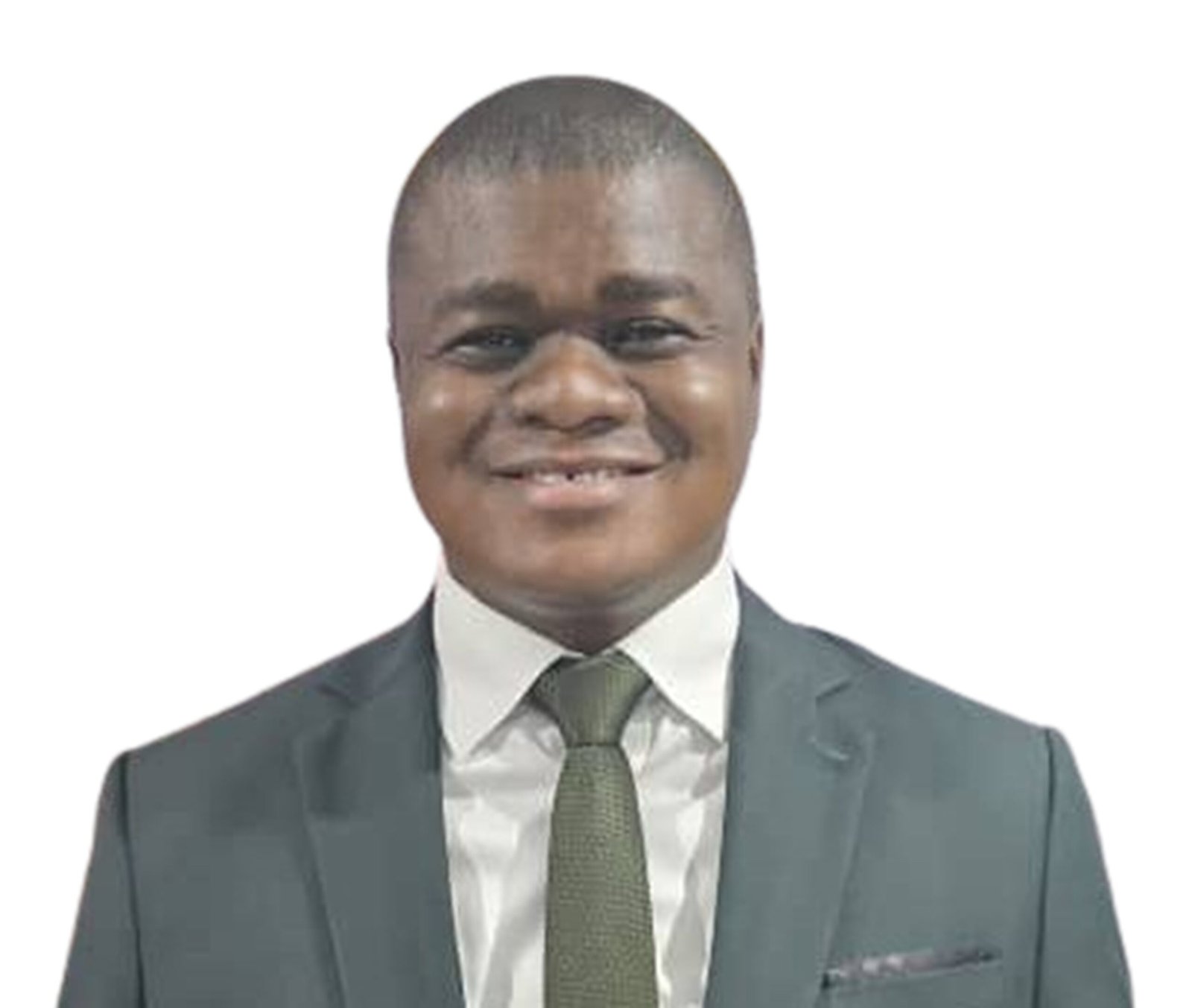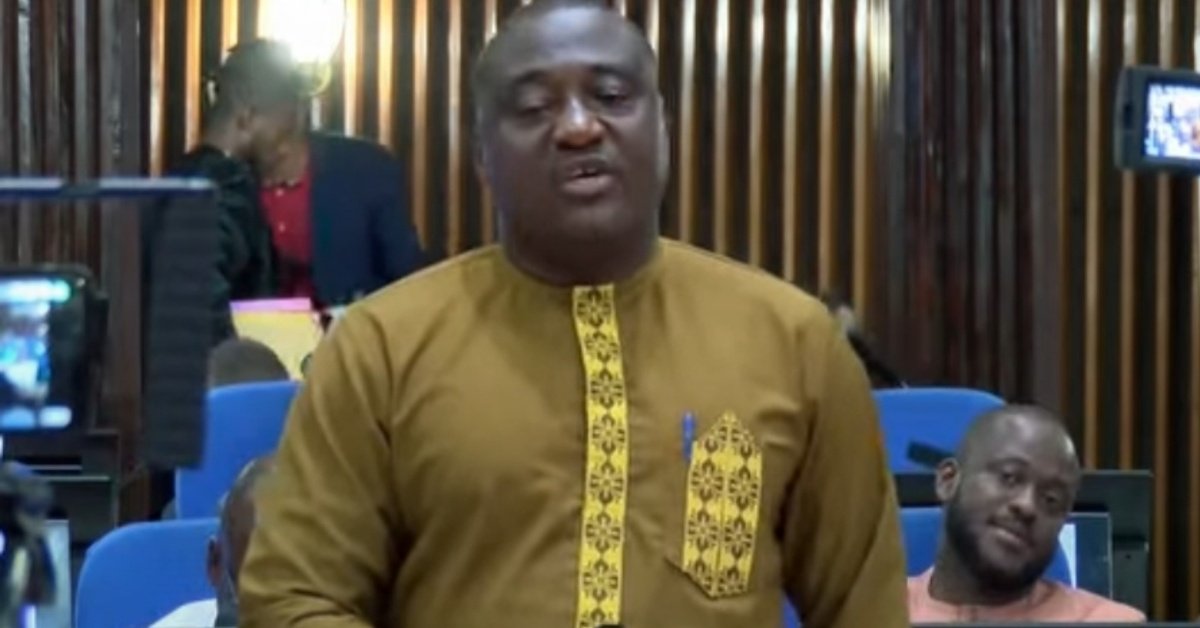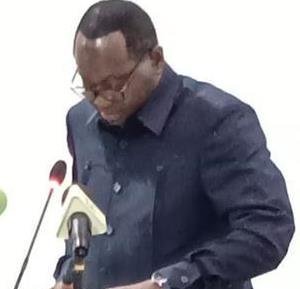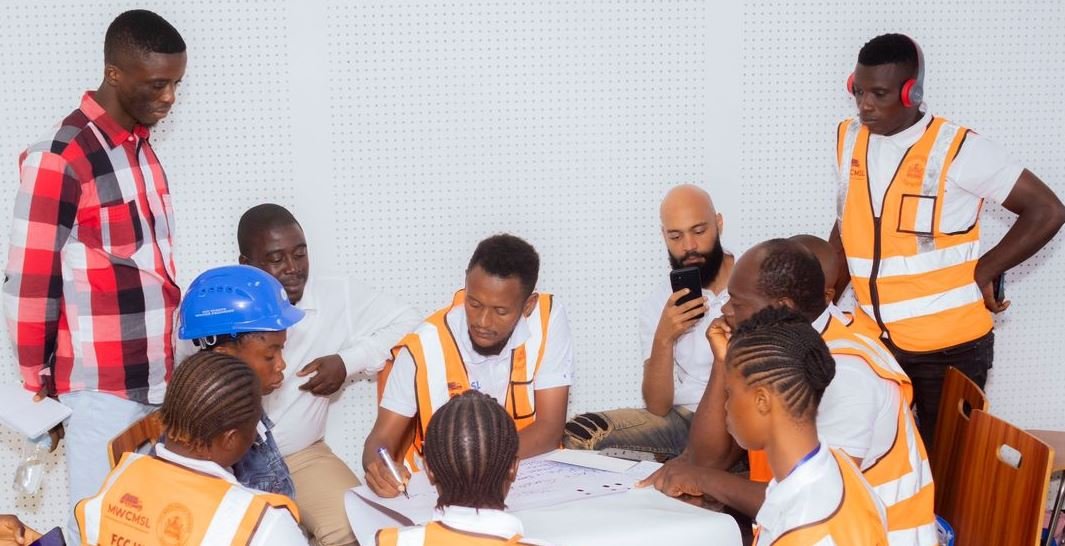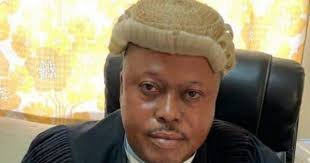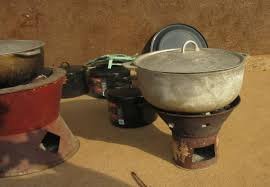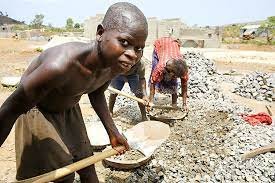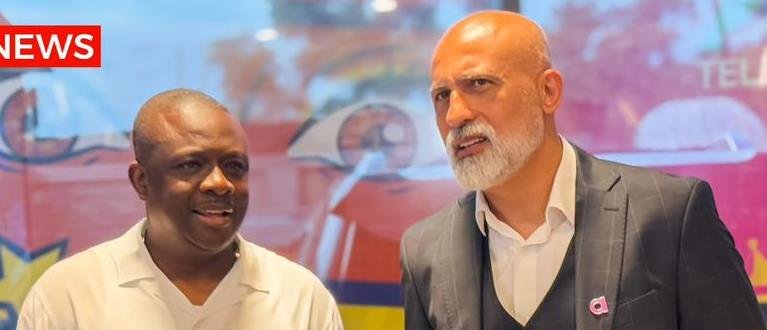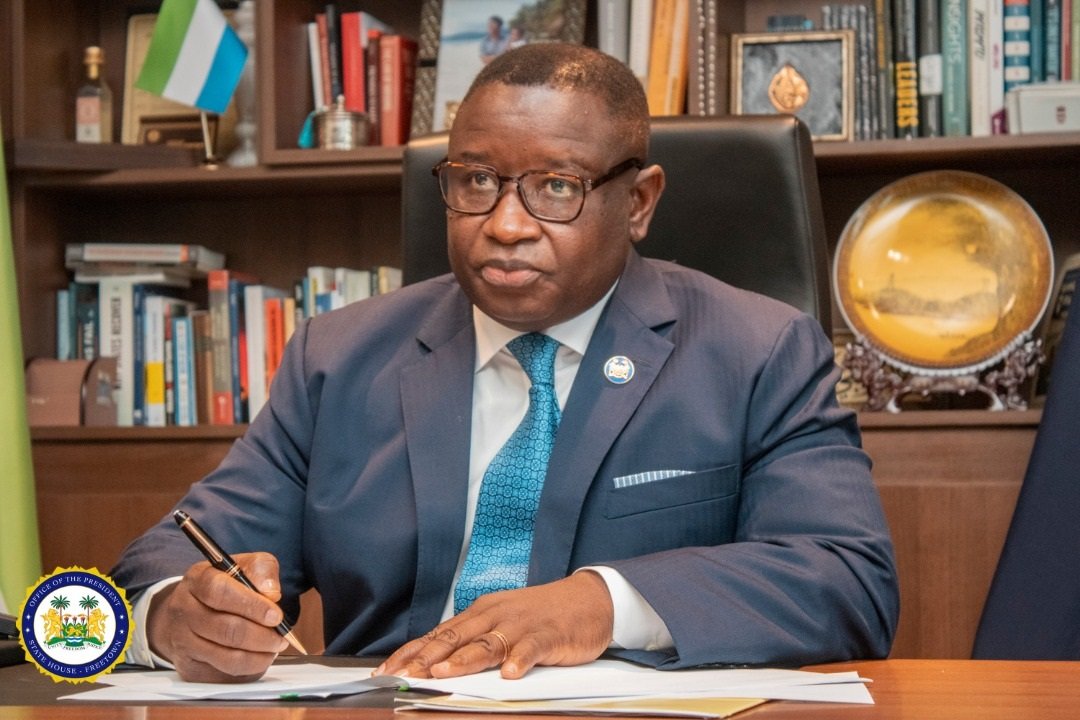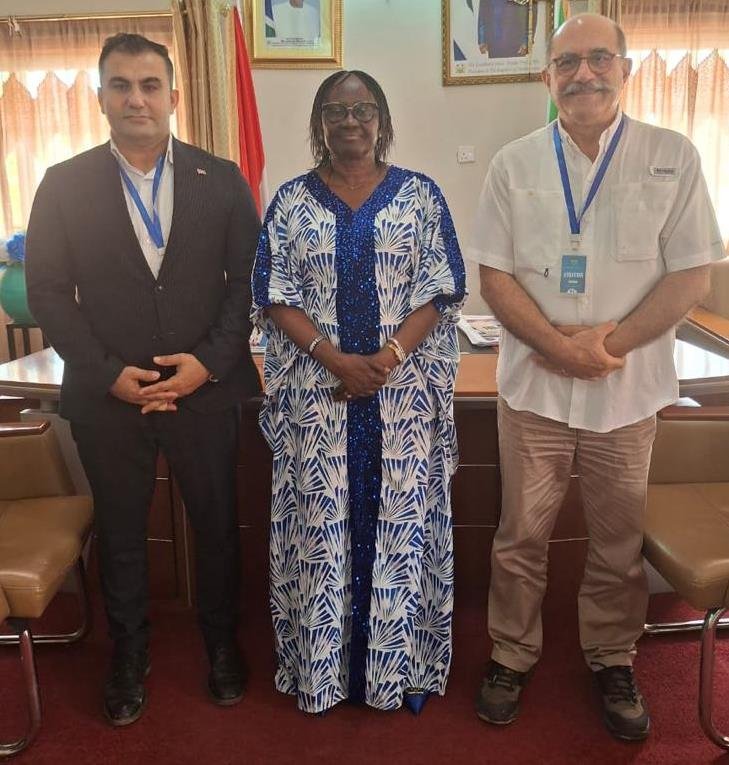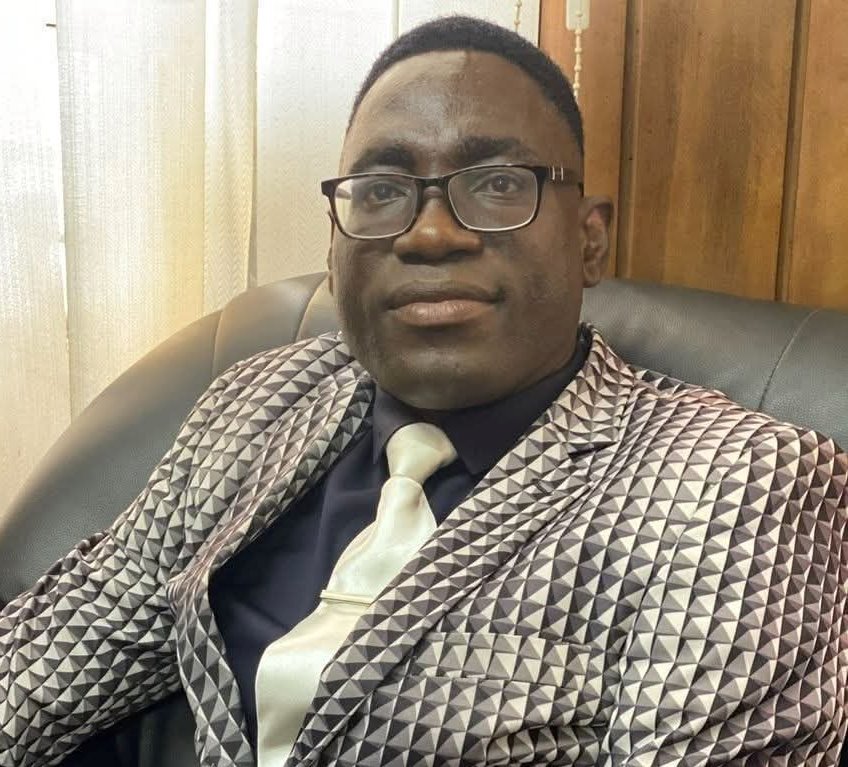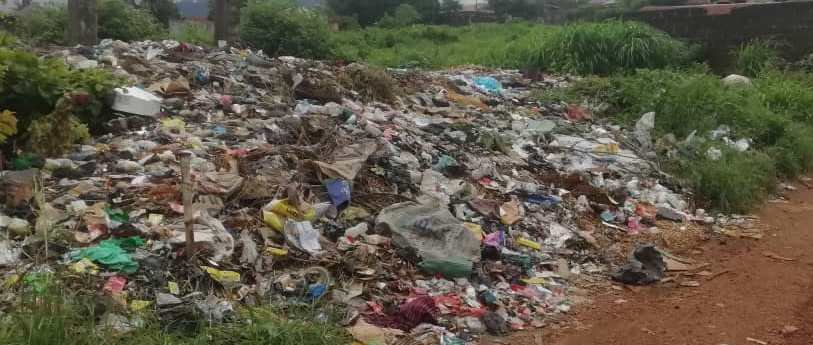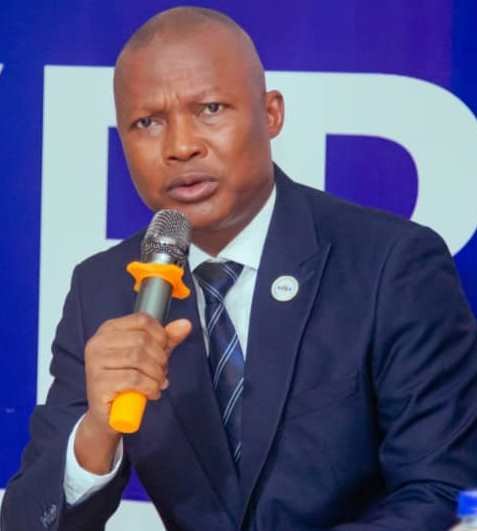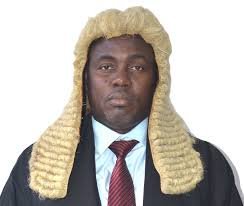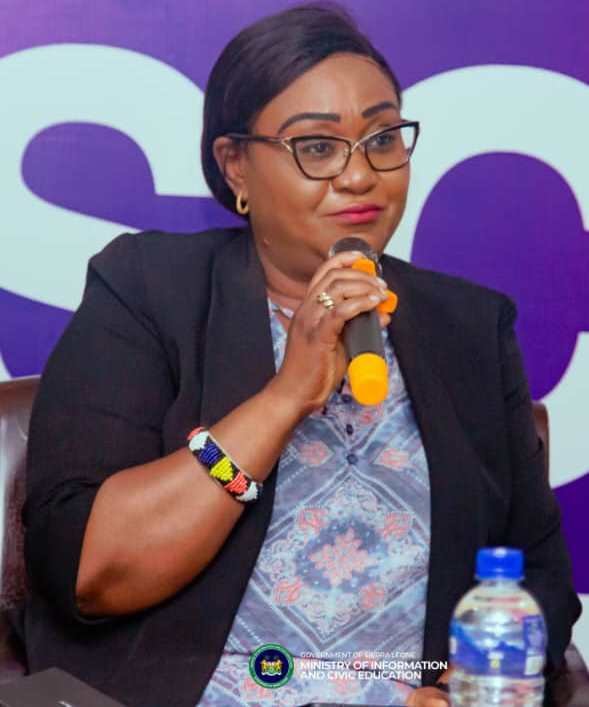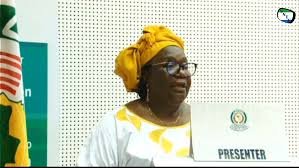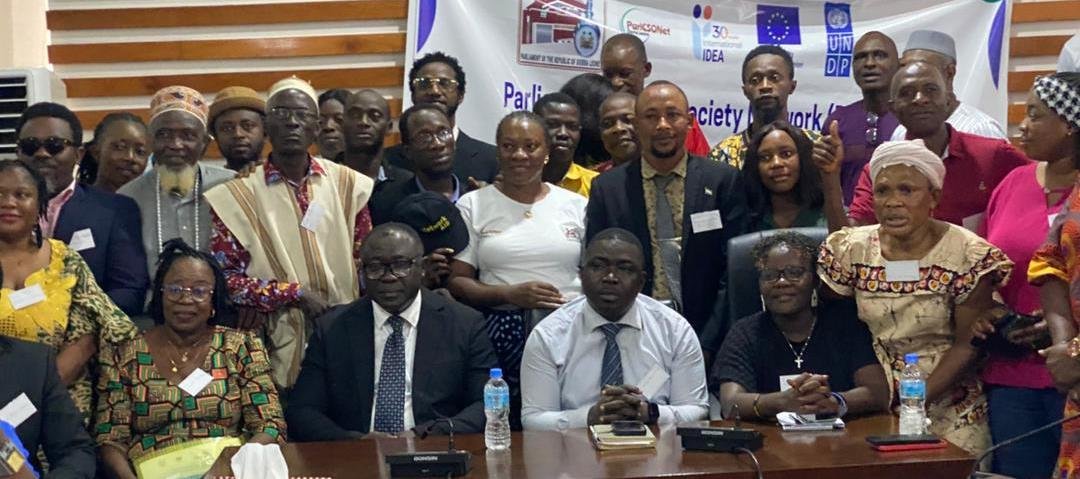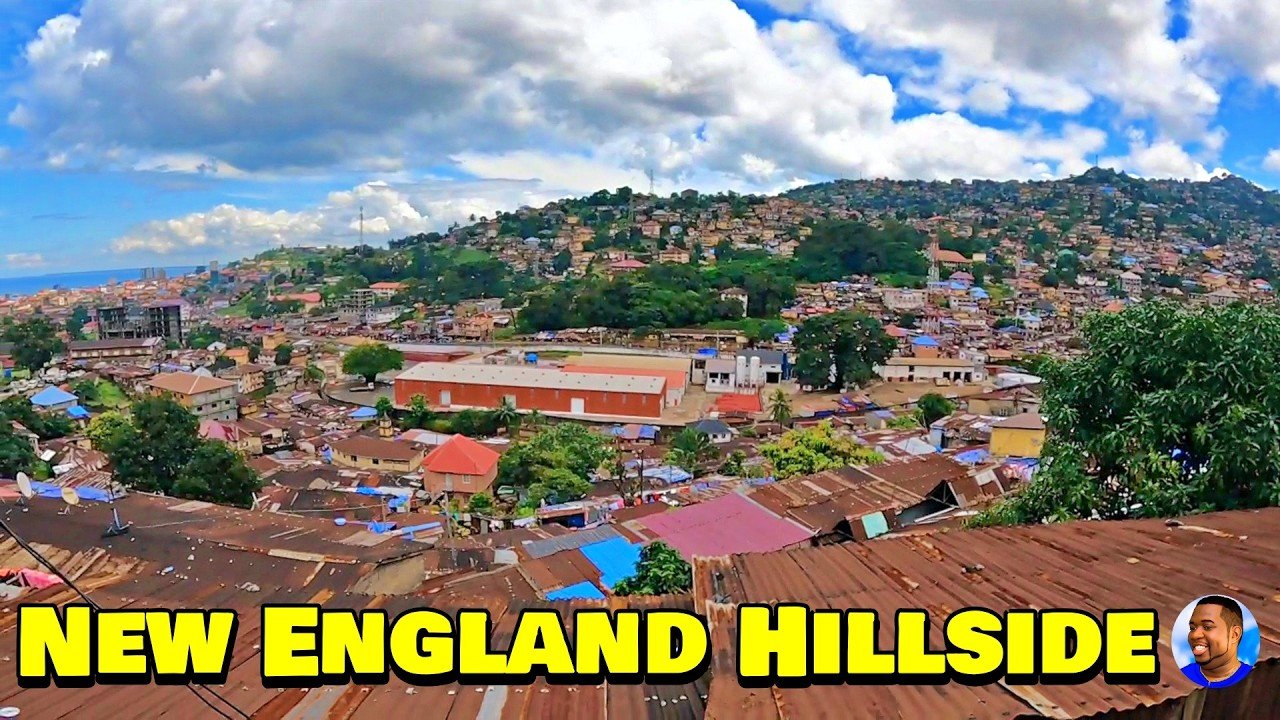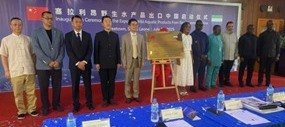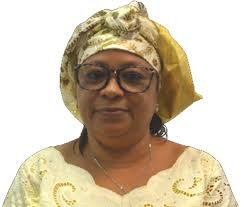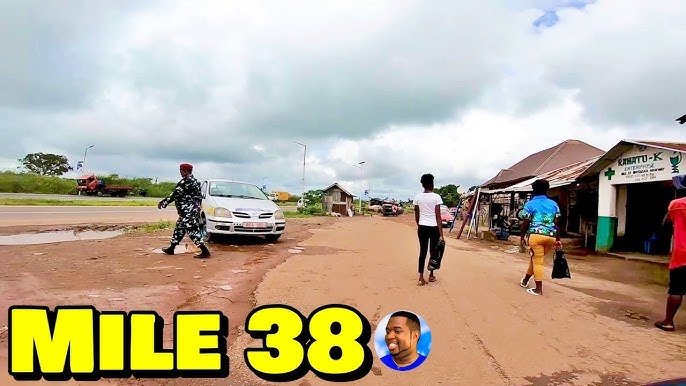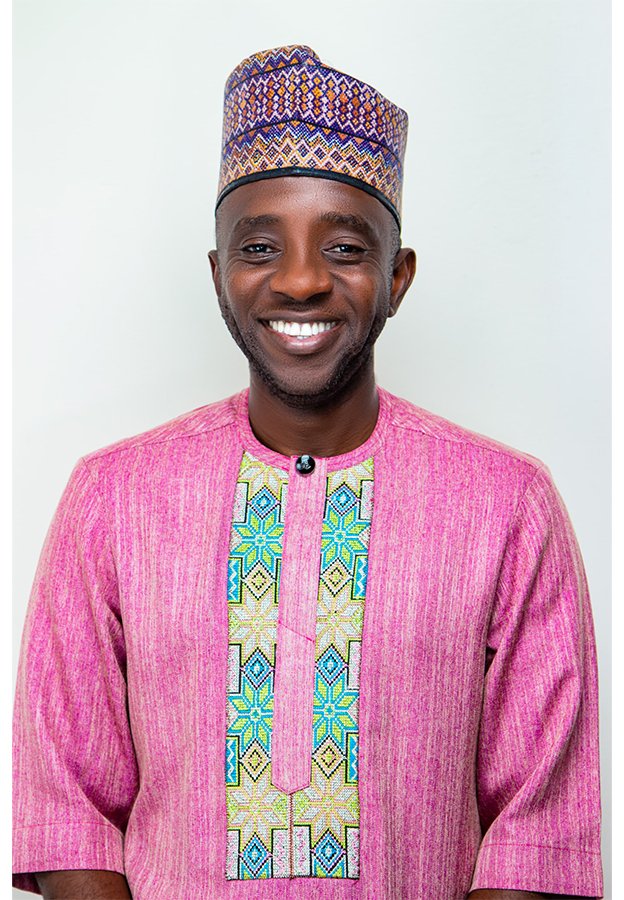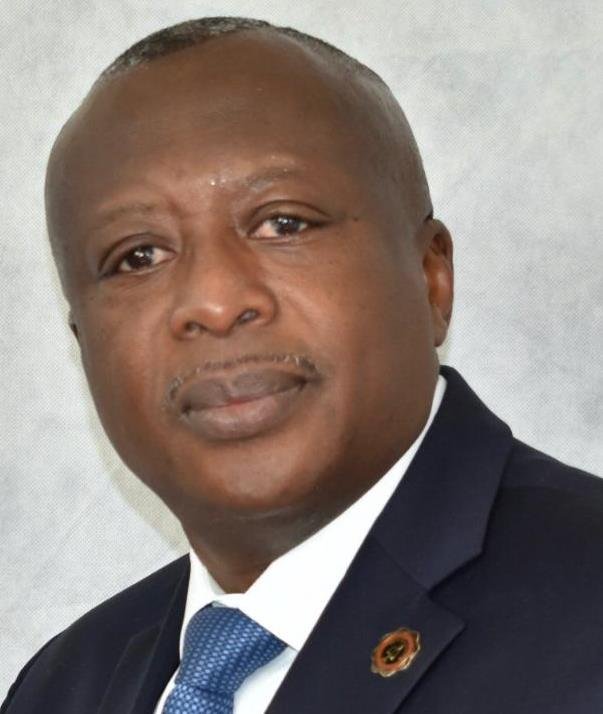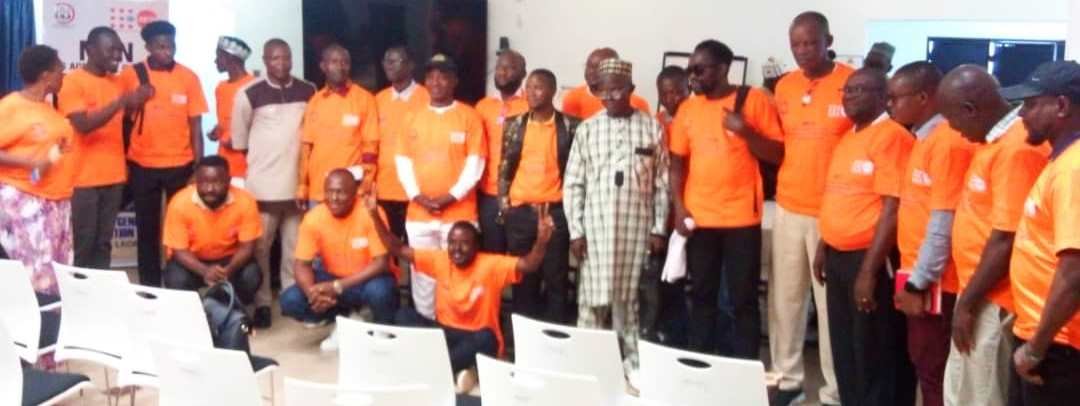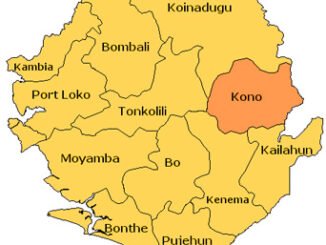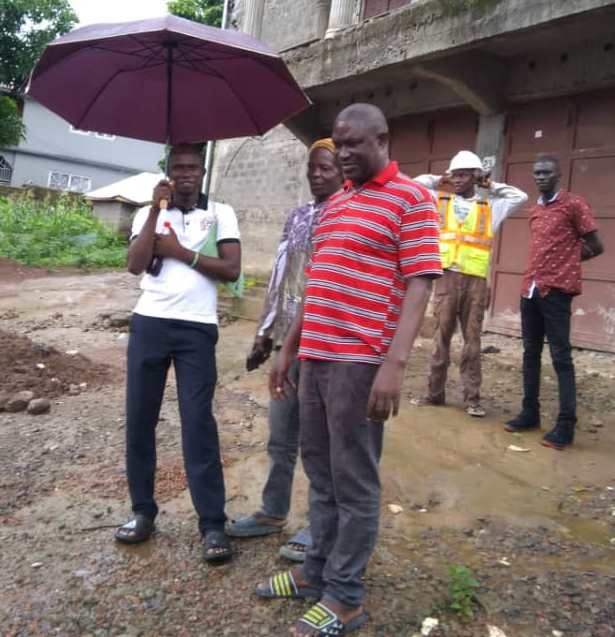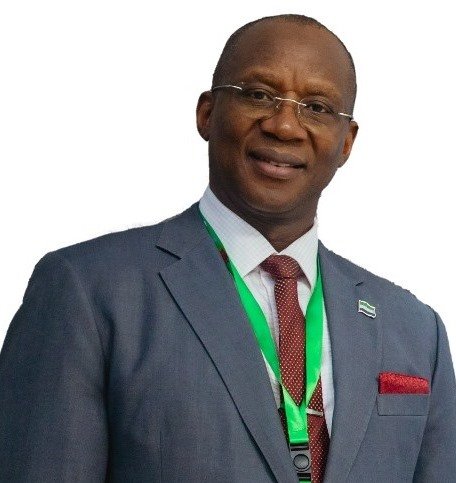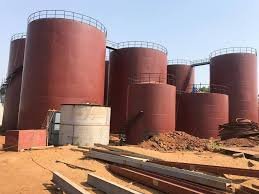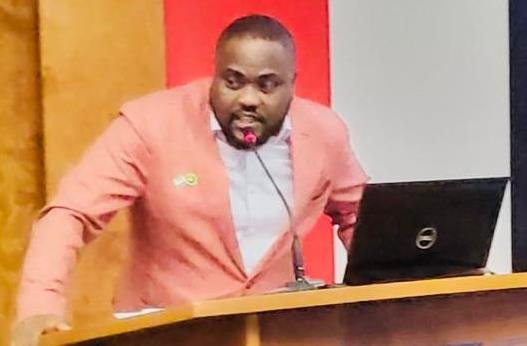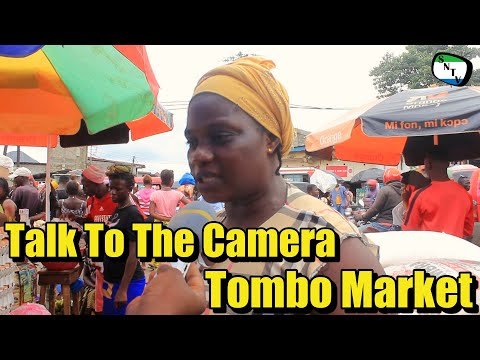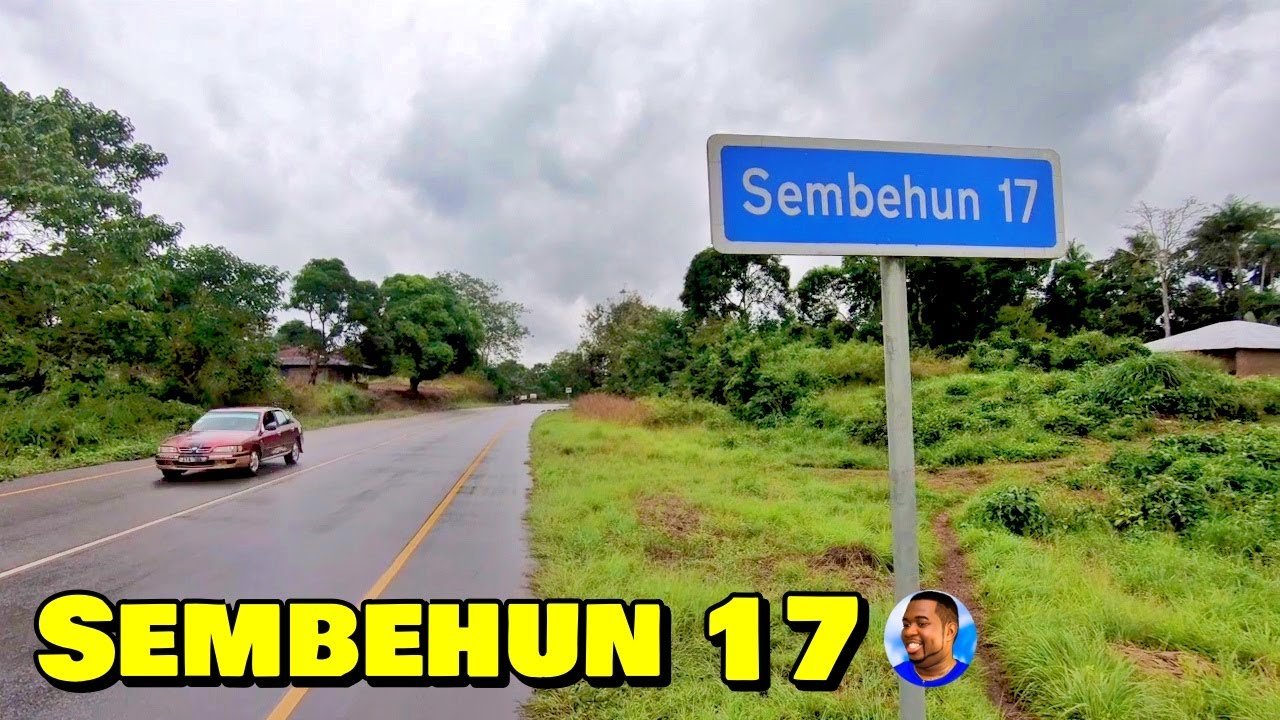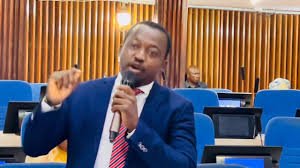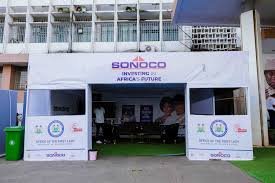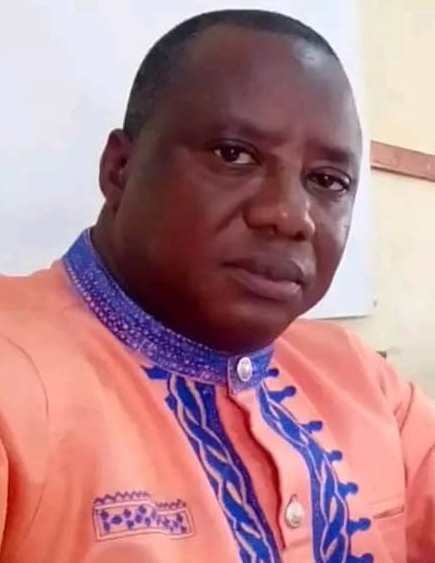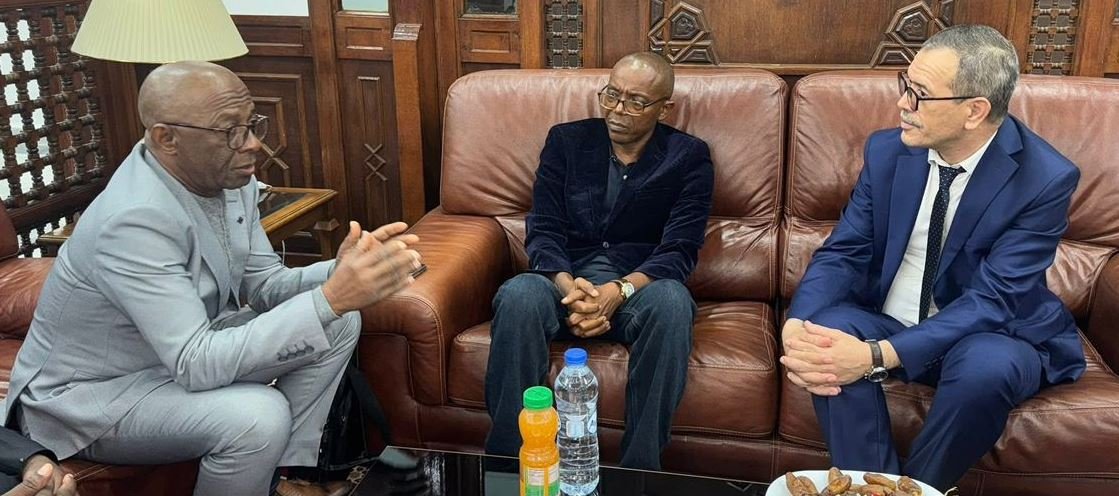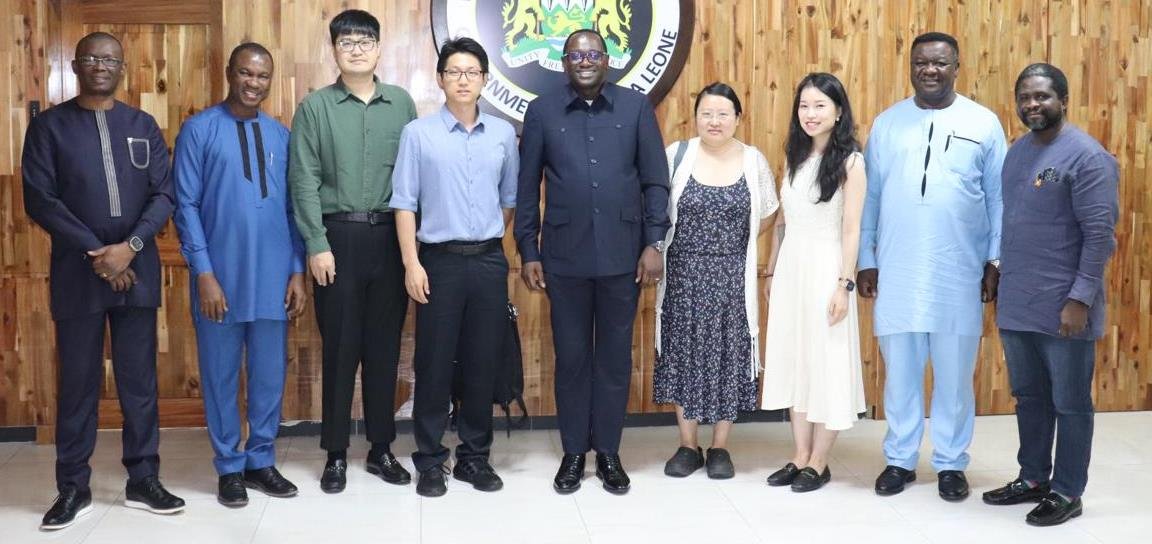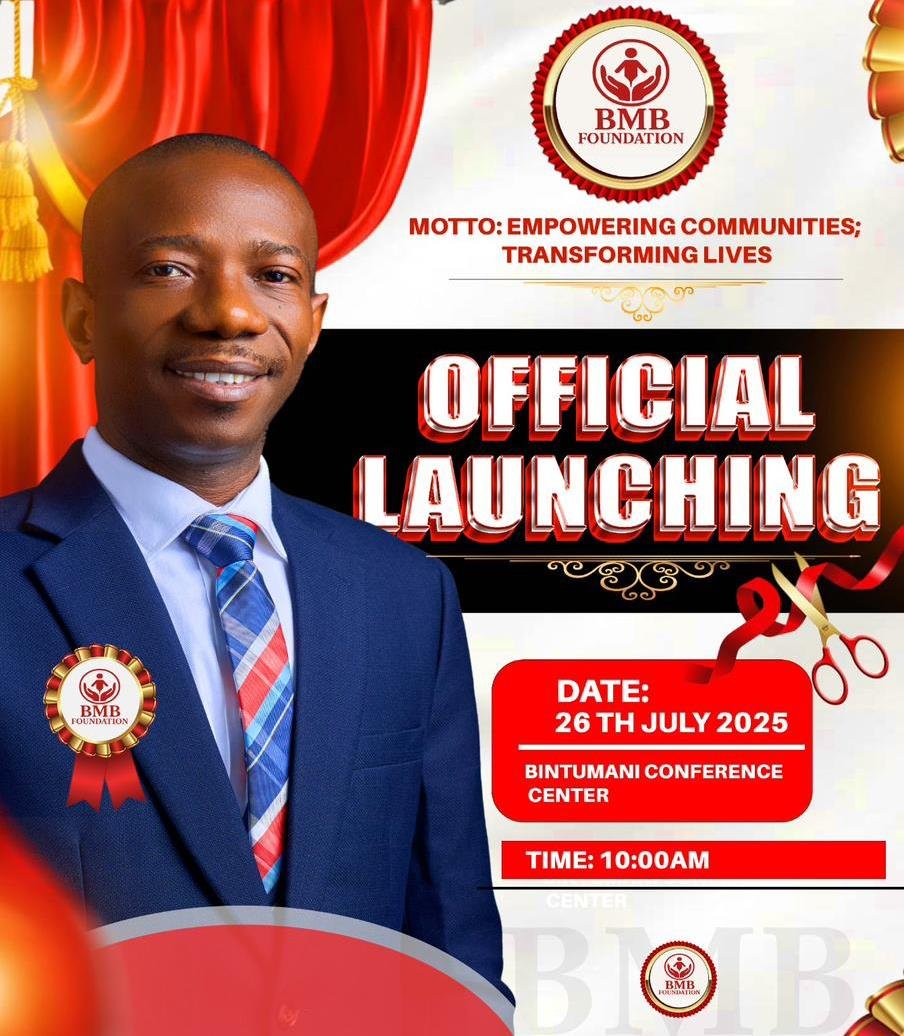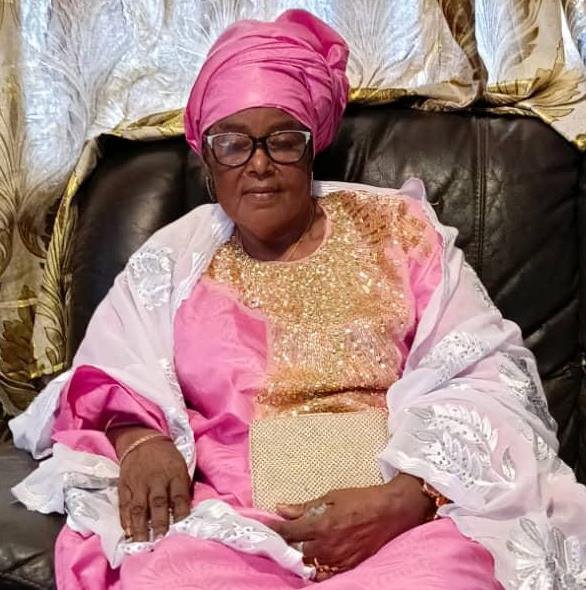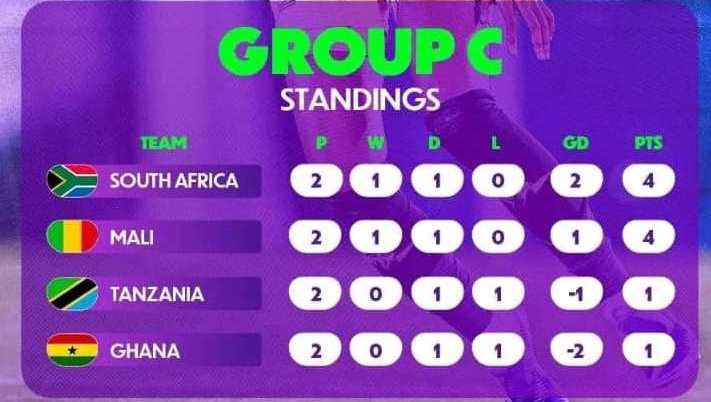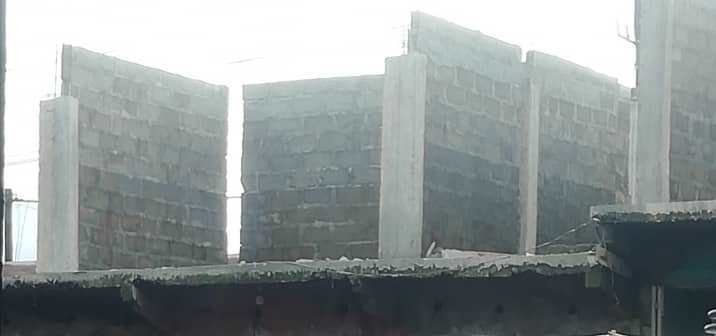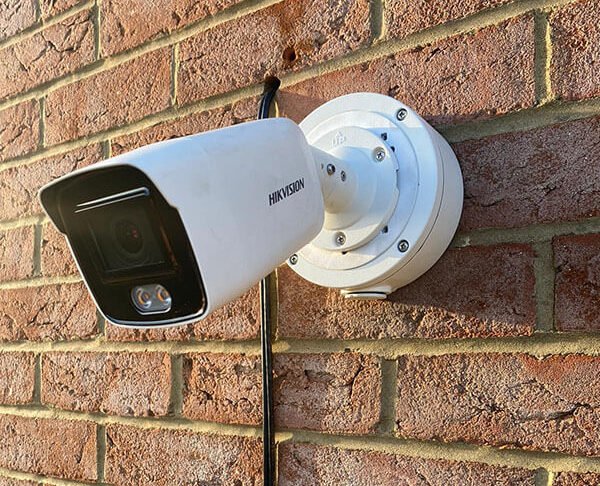At the Climate Resilience and Energy Transition Dialogue dubbed as CREST 2024-day two programme held at the Bintumani International Conference Center in Freetown on Tuesday 5th November 2024, the Honourable Vice President Dr Mohamed Juldeh Jalloh called for transitioning of the energy sector from utility to productive if the Government wants to put the country into a very good development trajectory.
He stated that the sustainability of the gains made in the social sectors like education and health depends on enhancing the production capacity to increase revenue and jobs, noting that Government needs resources to continue making gains in the energy sector. He elaborated that energy is the key to unlock the potential of the productive sector, citing the huge amount of money spent on electricity thereby increasing the overall management and production cost by mining companies, businesses, and manufacturers.
Vice President Jalloh stated that energy is the most important vehicle to deliver development, stressing that energy is vital to unlock development opportunities. He explained the energy transition effort by the Government of Sierra Leone since 2018, and showcased the importance of the energy sector to the country’s development perspective. He informed about the Bio Administration inheriting huge electricity debt in 2018 with a low generation, transmission and distribution capacity. He added that the utility burden was very high with technical and financial loss. He noted that the implications for the challenges outlined were high energy cost for doing business, with huge stress on the economy and development.
Some of the measures taken by the Bio’s Presidency to solve the electricity challenges according to the Honourable Vice President include the electrification of the CLSG line from the Ivory Coast; the inauguration of off-grid solar solutions across Sierra Leone to power schools and community health centers, and support small community led businesses; the increase of electricity within the western area between 75 to 80 megawatts. He hoped that the completion of the 116 lines can lead to load shedding of 116 megawatts for the western area. He maintained that despite the gains made by the Government, energy in Sierra Leone is still placed under the utility category, meaning that the energy in the country is only there to power social services like houses and small businesses.
Vice President Jalloh believed that electricity would reduce cost and expand production as well as creates job opportunities especially in food production. He said that energy, infrastructure, connectivity and finance are critical in food system discourse; furthering energy is key because of it support in storage and food system development. He commented that communities across the country with solar mini grids have transformed over the years by creating a nocturnal economy. He opined that the Government is powering health care centers through the United Kingdom (UK) supported project, he noted that providing electricity to communities particularly health care centers is vital to keep the potency of vaccines needed for under five children and pregnant women.
“Reliable energy is key to supporting countries to transition out of fragility” Vice President Jalloh emphasized. He explained fragility to mean lack of jobs, climate change, high food prices, and burden on social services. Support to the energy sector he reechoed is vital for the removal of fragility by addressing job challenges for the youth, building an effective social service delivery chain, and bringing down the cost of food in the communities. He named resources as the biggest challenge to undertake investment in the energy sector.
By: Aaron Bundu Lahai-Head of Media & Public Relations









